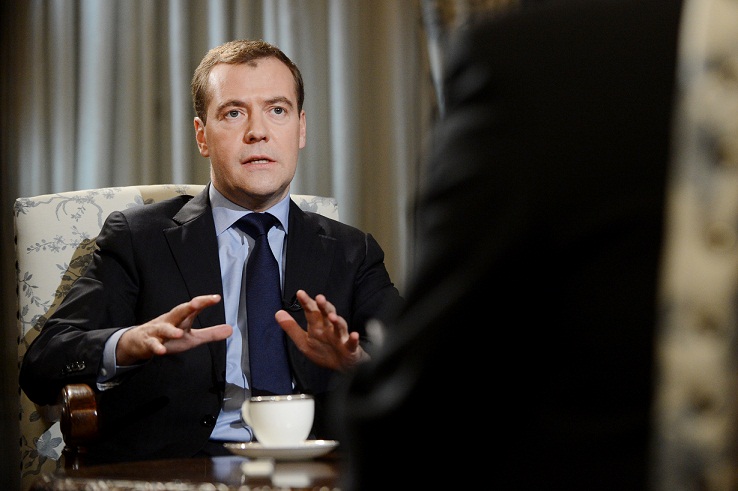Egypt’s Minister of Irrigation and Water Resources Mohamed Abdel Atty has said that a second filling of the controversial Ethiopian dam will cause a water shock for Egypt.
Speaking during a televised interview, on Sunday evening, Abdel Atty said this shock will come if Ethiopia finishes the second filling of the dam during the next three weeks, as announced, without reaching an agreement.
The minister added that the US has not yet submitted any proposal to solve the Grand Ethiopian Renaissance Dam (GERD) crisis. He noted that there is a freeze on negotiations, but expressed his hope that there will be a speedy movement of negotiations.
He wished for a move to break the deadlock in the negotiations on the Nile Dam before the second filling, explaining that Egypt is ready to deal with the shock of the second filling.
Abdel Atty also pointed out that the Aswan High Dam’s water stock has been strengthened over the past few years, and is able to absorb the side effects of the Ethiopian dam’s filling.
“If a natural drought occurs this year, it will have a double effect on Egypt,” the minister said, adding that Egypt wants to reach a fair agreement for filling the dam, with a clear mechanism for resolving disputes.
He stressed that “Egypt will not accept any unilateral and illegal disposal of River Nile water”, and that “we will take advantage of the water reserves in front of the High Dam to compensate for the shortfall resulting from the second filling of the [Ethiopian] Dam”.
Abdel Atty also said that Egypt will not accept a water crisis, and that it opposes any unilateral action that violates the law. The minister indicated that there are other measures that Egypt will take should no agreement occur.
The minister said that Egypt had, in the past, presented 15 scenarios and 100 simulations to solve the crisis, but the matter was met with constant intransigence by Ethiopia. He also referred to the internal problems and the absence of political will in the latter country.
Abdel Atty said that the failure to reach an agreement on the dam would harm Ethiopia, saying, “The Egyptian people will not be hesitant, and they see that the other party will operate the dam without an agreement.”
The Egyptian population has also increased by 25 million during the past 10 years, which is commensurate with the construction period for the Ethiopian dam.
Abdel Atty warned that, alongside this increase in population, there is also a need to provide greater quantities of water to meet the needs of citizens.
The minister noted that Egypt needs 7.5 billion cbm of water by 2050 to meet the needs of 75 million new citizens. He explained that Egypt currently has 60 million cbm of water per year, including 55.5 million cbm from the River Nile, while annual consumption reaches 80 million cbm.
He indicated that the second filling of the Ethiopian dam is tantamount to exposing Egypt to an industrial drought.
Abdel Atty said that there is a need to reach an agreement that takes into account the interests of all three countries affected by the dam, namely Egypt, Sudan and Ethiopia, and which falls in line with the law.
The minister added, “The High Dam is a big dam and the Ethiopian dam is also a big dam, so Egypt wants a cooperation agreement as they affect peoples’ lives, and therefore everything must be agreed upon.”
He also said that President of the Democratic Republic of the Congo (DRC) Felix Tshisekedi, who is also currently serving as President of the African Union (AU) visited Egypt, Ethiopia, and Sudan to explore the three countries’ visions about the Ethiopian dam.
Sudan’s Minister of Foreign Affairs Maryam Al-Sadiq met, on Monday morning, with her Qatari counterpart Sheikh Mohamed bin Abdul Rahman Al-Thani, during the latter’s two-day visit to the Sudanese capital, Khartoum.
The meeting discussed bilateral relations and prospects for joint cooperation between the two countries at a high level.
Sheikh Mohammed, who is also Qatar’s Deputy Prime Minister, affirmed the depth of relations between the two countries, and noted his country’s determination to continue support and assistance to Sudan.
This support would focus on Sudan’s immediate issues that have placed it at the centre of regional events, especially issues relating to the Grand Ethiopian Renaissance Dam (GERD) and border tensions with Ethiopia.
He expressed Qatar’s readiness to provide aid and the necessary advice, especially since the Gulf state is chairing the current session of the Arab League. The regional organisation will hold its meeting next month to discuss developments in these events.
The DRC President also illustrated his serious attempts to resolve the issue, because he visited the countries in person. However, he has yet to formulate a proposal through which dialogue could start.

